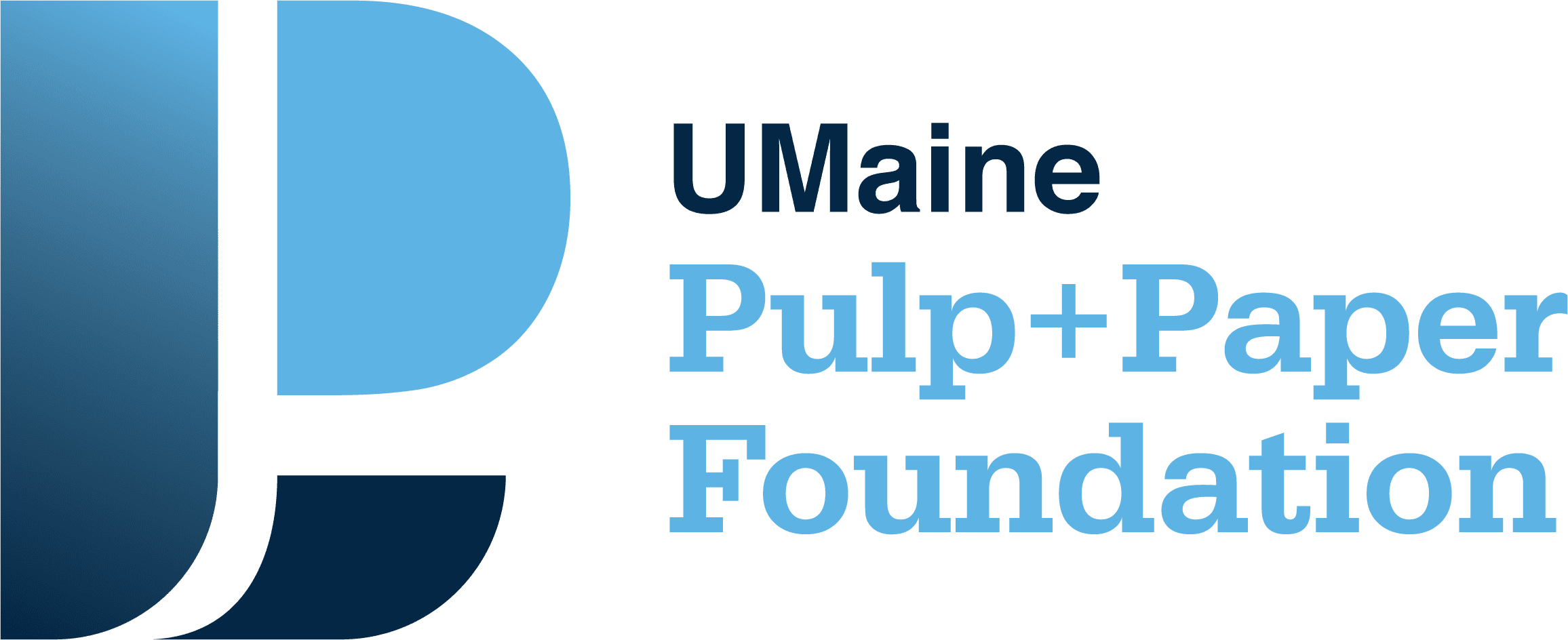
Q: What are the biggest challenges you face in recruitment?
A: One of our biggest challenges has been to recruit skilled electrical engineers (EE). Because EEs are in such high demand, and they don’t make up a large portion of pulp and paper scholarship recipients, we struggle to attract not only new grads but experienced EEs currently in the workforce. A second challenge has been to recruit beyond the borders of Maine. Since we’re a cold, rural state it’s been tough to bring candidates in from other regions of the country.
Q: What skills do potential hires need in order to be successful at their job?
A: We find that UMaine engineering graduates have very good technical skills. The competencies that we look for beyond those skills are leadership capability, initiative, drive, being collaborative, self-awareness and resilience.
Q: What do you think are common misconceptions about the industry that need to be debunked?
A: First, that the industry is dying. I find that the industry is evolving and companies that are innovative and developing new or different products can compete and be successful. Secondly, that the industry is limited in career opportunities. The industry has a broad range of needs and opportunities for engineers. They include roles within technical groups, operational areas, research and development, maintenance, equipment reliability, marketing, sales, and management.
Q: Why should students or graduates of University of Maine Pulp and Paper Foundation apply for employment with your company?
A: Sappi is one of the largest paper board manufactures in the world and is fully integrated to ensure that we remain a low-cost producer of wood fiber products. Most importantly though, we have wonderful employees that take time with students and new graduates to help them develop their skills in order to be successful.
We also have a long-term strategy to grow our business including taking the sustainability of our natural resources seriously. Also, we are a publicly traded company run by industry leaders and not owned by any private equity firm. We’re in this business for the long haul and not to boost or inflate our value to be sold for profit.
Q: Why should students or graduates of University of Maine Pulp and Paper Foundation pursue employment with the pulp and paper industry?
A: The industry has a broad range of challenging engineering positions that allow for growth beyond traditional roles. Wood fiber has many applications and given that it is a renewable resource, we will be challenged to find new and different ways to use this material beyond just paper (like dissolving wood pulp to be used in fabrics).
Q: What does the future of the industry look like?
A: Because the industry is evolving, I think it will be an exciting time. Companies are looking at different ways to use wood fiber and they are repurposing their machines to make products that are wanted in the marketplace. Because wood fiber is a plentiful renewable resource, we will see different uses such as expanding capabilities in biomaterials and bioenergy.
Q: What are some new practices or trends within the industry that more people should know about?
A: Specific to Sappi, when we invest in upgrading our equipment, a key focus has been to ensure flexibility within the design of the equipment. For example, our upgraded pulp digester can swing to make traditional kraft pulp. I see more companies diversifying their product mix to reach other markets. In years past, the focus would be on a particular grade of paper or board, but now the more products a company can make, the more markets they can reach.
Q: What makes University of Maine Pulp and Paper Foundation students or graduates good candidates or employees?
A: UMaine Pulp and Paper Foundation scholarship recipients have knowledge of the industry and have been able to develop and demonstrate their skills through co-ops or internship experiences. A student who has had a co-op rotation or summer internship is well ahead of others without those experiences.
When we hire a pulp and paper scholarship recipient as a new graduate, we are hiring someone with a years’ worth of experience, and they hit the ground running. The students have good mentors (Jen and Carrie) that help to guide them in the process of learning about the industry. They bring energy to the students and help sell our industry.
Q: What is the most beneficial thing the University of Maine Pulp and Paper Foundation provided you and how?
A: The Pulp and Paper Foundation provides us access to students and graduates who have a solid foundation, who know about our industry, and who have work experience in mills or with vendors who support our operations. Because the Foundation offers scholarships to students, they tend to draw some of the very best talent coming out of high school.
Q: What are some interview tips you can give UMPPF applicants—the dos and don’ts?
A: Draw your answers from personal experiences such as school or work settings and include all of your work experiences on your resume. Learn about the company prior to the interview and come prepared with a list of questions to ask.

Recent Comments